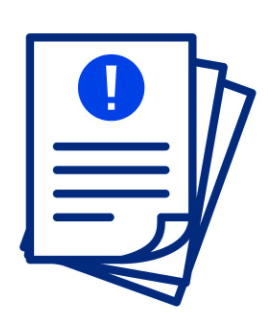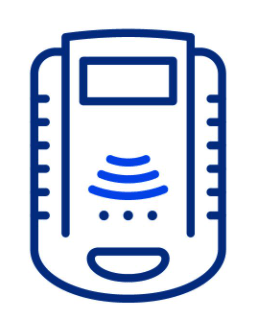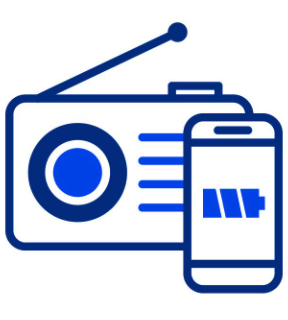Winter Storm Prep
PREPARING FOR EVERY POSSIBILITY
Before, during, and after a storm, there are a few key things to
consider to keep your family and your home as safe as possible.
PLEASE FOLLOW THESE STEPS TO KEEP YOU & THE ALTOGAS TEAM SAFE
#1
- Check your propane tanks now if you are not on automatic delivery.
- It may take a few days for fuel to be delivered.
- During and after a winter storm, roads may be inaccessible for delivery.
#2
- Keep the path to your propane tank clear as the storm progresses.
- Ensure there is always a clear path to your tank for deliveries, including the filler pipe.
- Mark the tank and fill locations, and inform snow plow drivers or contractors of your propane tank location.
#3
- Clear snow and ice from around your propane tank, chimney, flue pipes and vents.
- Use a broom rather than a shovel, and clear these areas frequently to reduce the possibility of carbon monoxide poisoning.
- If pipes freeze and crack, gas can leak out and cause potential danger.
#4
- Check your propane tank, chimney, flue pipes, and vents for damage, blockage, or debris, including snow or ice. PLEASE DO NOT TRY TO DO REPAIRS YOURSELF.
- Please be careful when operating portable generators. Never use a portable generator (gasoline, diesel, or propane) indoors or in enclosed areas.
- Improper use of generators can result in carbon monoxide poisoning or death.
Propane Safety and Winter Storms
As the season for severe winter weather sweeps across the country, make sure your family and your property are prepared for whatever the winter brings. Just follow the tips below and contact your local propane supplier if your propane system ever gets damaged.

CREATE AN EMERGENCY PLAN
Work with your family to create a plan in the event of a winter storm. As part of this effort, make sure to post contact information for emergency services and utility companies—including your local propane supplier. You should also post instructions for turning off your propane, electricity, and water. (If you turn off your propane, contact a service technician to inspect your system before turning it back on.)

INSTALL A UL-LISTED GAS DETECTOR
To better prepare for any potential damage, install a UL-listed gas detector in your home, which will notify you if a leak ever occurs. Always follow the manufacturer’s instructions when it comes to installation, location, and maintenance.

PLAN FOR COMMUNICATIONS
Keep a battery-powered radio handy, so you always have a way to receive updates on weather conditions. As storms approach, it’s also smart to charge up your smartphones, so you have an additional tool for communication through a long power outage. Or, consider purchasing a propane generator so you always have reliable power, even during blackouts.

INSPECT DAMAGE CAUTIOUSLY
If a storm causes harm to your property, be careful when you assess damage as downed power lines, damaged gas lines, and dislodged propane tanks can lead to dangerous situations. In the dark, use a flashlight instead of candles to avoid combustion in the case of a leak.

IF YOU SENSE DANGER, CALL THE EXPERTS
Your utility company, fire department, and propane supplier have expert training, and should handle any potentially dangerous situations with your home’s systems. Additionally, if a storm damages your property, it’s a good idea to have a qualified service technician perform a complete inspection of your propane system, to ensure no harmful damage was done.
